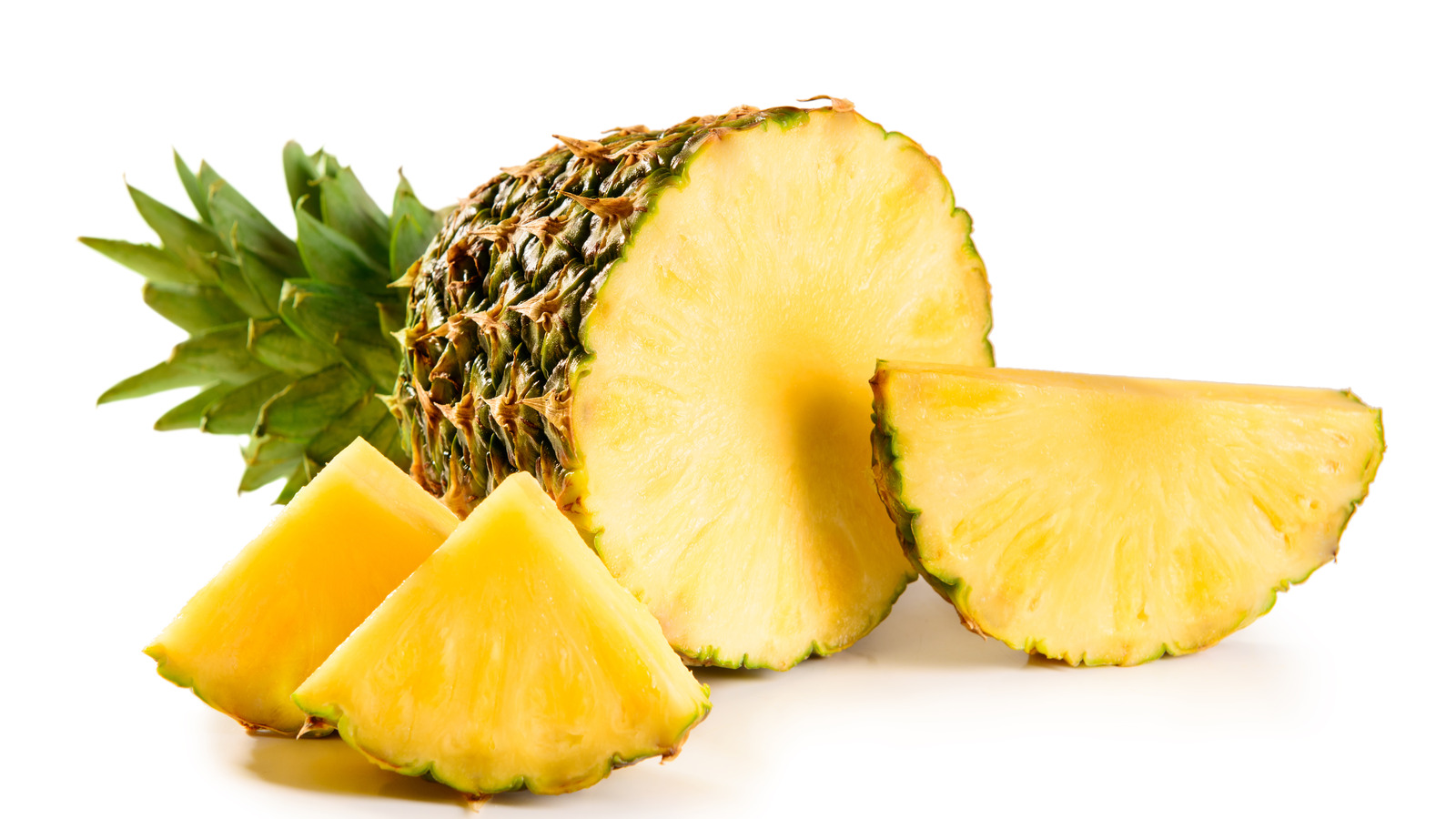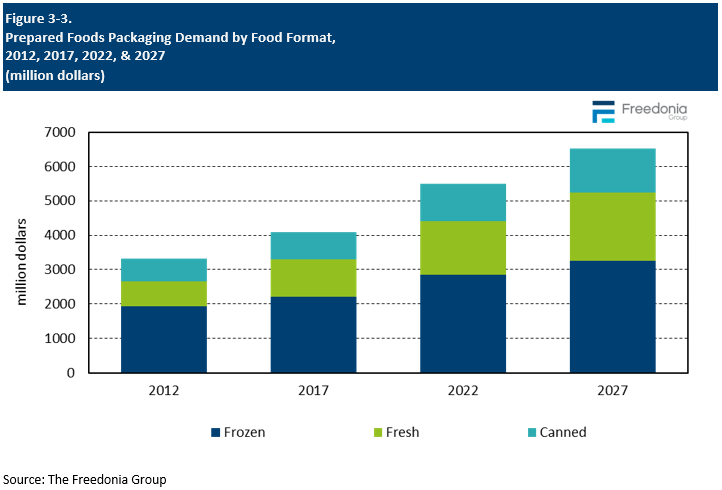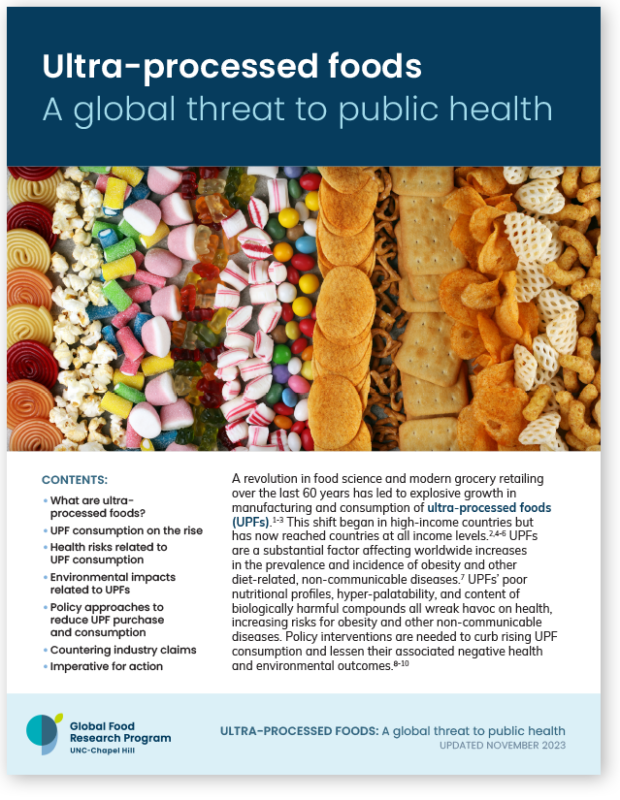Nature's Meat Tenderizer - The Science Behind Pineapple's Surprising Ability

Beyond its juicy sweetness and iconic status as a symbol of hospitality, the pineapple harbors a secret weapon: a powerful enzyme called bromelain. This natural enzyme, found primarily in the fruit's stem and core, possesses an extraordinary ability to break down proteins, making it a surprisingly effective meat tenderizer.
Understanding Bromelain: The Enzyme Behind the Magic
Bromelain is a type of protease, a class of enzymes specifically designed to break down proteins into smaller peptides and amino acids. It works by hydrolyzing peptide bonds, the chemical links that hold amino acids together in a protein chain. This enzymatic activity is what gives pineapple its remarkable meat-tenderizing properties.
How Bromelain Tenderizes Meat
Meat's texture largely depends on the structure of its proteins, primarily collagen and elastin. Tough cuts of meat tend to have a higher concentration of these proteins. When you marinate meat in pineapple juice or puree, bromelain goes to work on these proteins:
- Collagen Breakdown: Bromelain effectively breaks down collagen, a tough, fibrous protein that contributes to meat's chewiness. This breakdown results in a more tender texture.
- Elastin Softening: While bromelain doesn't completely break down elastin (another connective tissue protein), it weakens its structure, making the meat less rubbery and easier to chew.
The Science-Backed Benefits
Numerous studies have confirmed the efficacy of bromelain as a meat tenderizer. For instance, research published in the Journal of Food Science and Technology found that marinating beef in pineapple juice significantly increased its tenderness and reduced its cooking time.
Furthermore, a study in the journal "Meat Science" demonstrated that bromelain effectively tenderized chicken breast, one of the leaner and potentially tougher cuts of poultry.
Factors Influencing Bromelain's Effectiveness
Several factors can affect bromelain's meat-tenderizing prowess:
- Temperature: Bromelain works best at temperatures between 59°F and 140°F (15°C - 60°C). Higher temperatures can denature the enzyme, rendering it inactive.
- pH Level: Bromelain thrives in slightly acidic environments. The ideal pH range for its activity is between 4.5 and 6.0.
- Marination Time: Longer marinating times generally lead to greater tenderization, but exceeding 24 hours can result in an unpleasantly mushy texture.
Beyond Tenderness: Other Culinary Applications
Bromelain's talents extend beyond meat tenderization. It's also used in:
- Baking: Bromelain's protein-breaking abilities can prevent gluten development, making it useful for creating chewier cookies.
- Cheesemaking: Bromelain can be used to coagulate milk, playing a similar role to rennet in cheese production.
- Clarifying Beer: Bromelain can help remove haze-causing proteins in beer, resulting in a clearer beverage.
A Word of Caution
While generally safe, excessive consumption of bromelain can lead to side effects such as mouth irritation, diarrhea, and allergic reactions in some individuals. Always use pineapple or bromelain-containing products in moderation.
Final Thoughts: Pineapple - More Than Just a Tropical Treat
The next time you savor a juicy pineapple slice, remember that it's not just a delicious fruit; it's a testament to nature's ingenuity. With its remarkable enzymatic power, the pineapple demonstrates that even the most unexpected sources can hold the keys to culinary innovation.


:max_bytes(150000):strip_icc()/dog-treats-glass-storage-container-3f5d7e36-81df4011d844459c9272c9c8404bc38d.jpg)













Comments ()